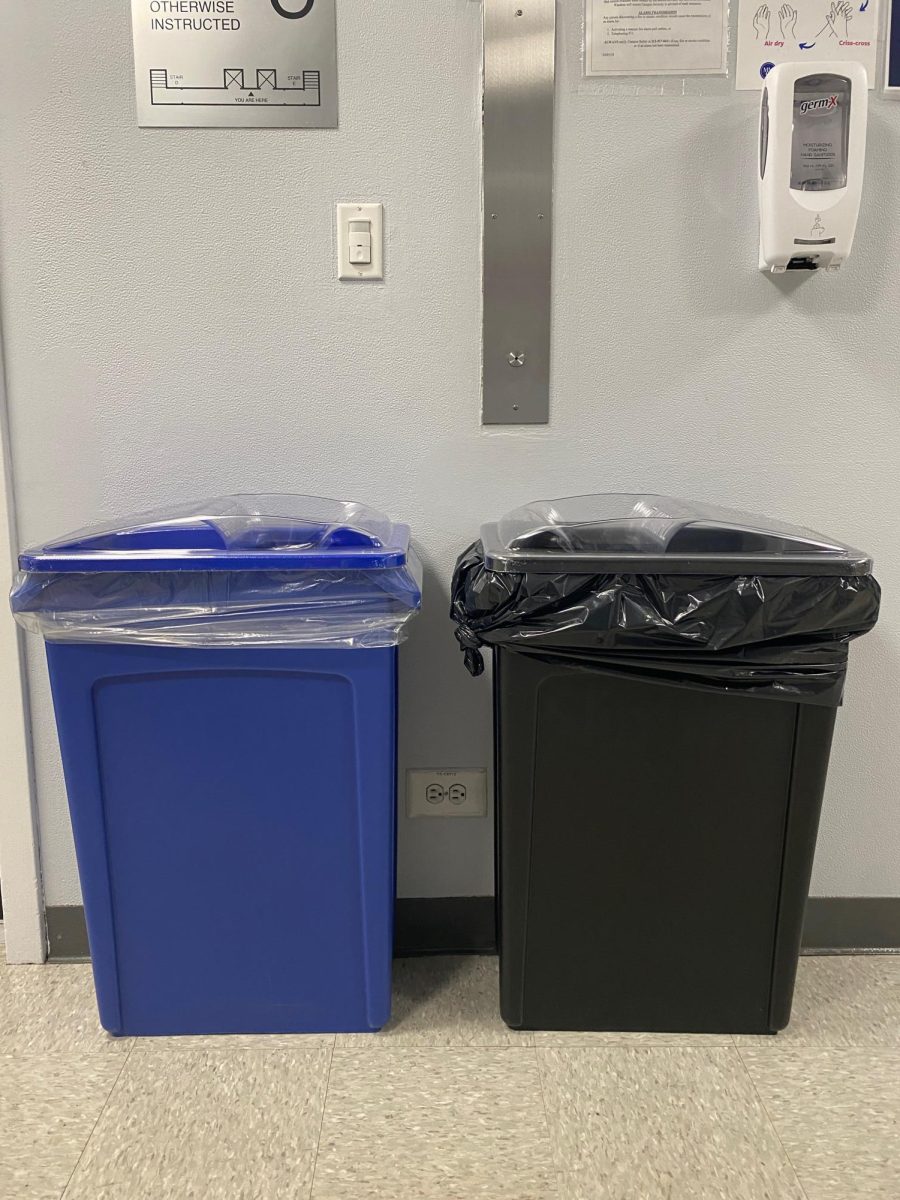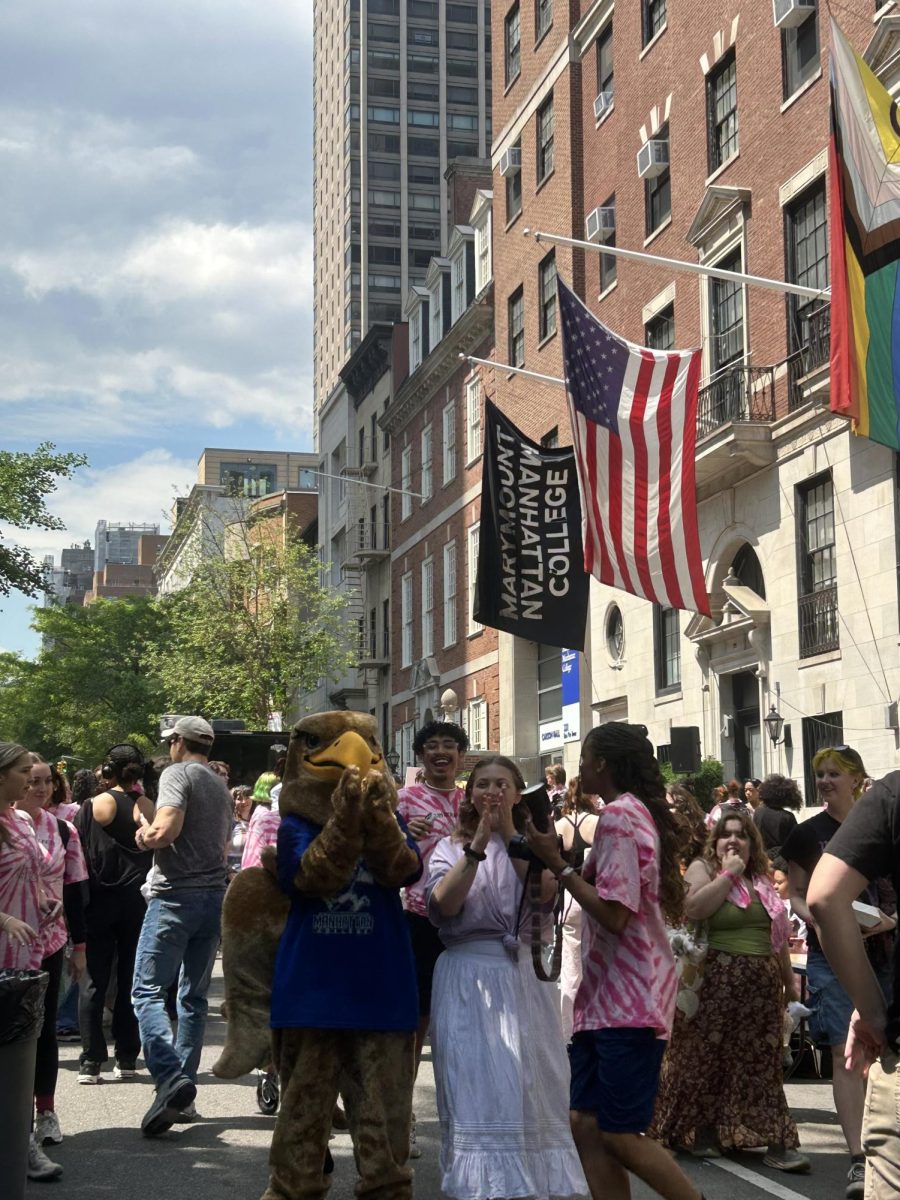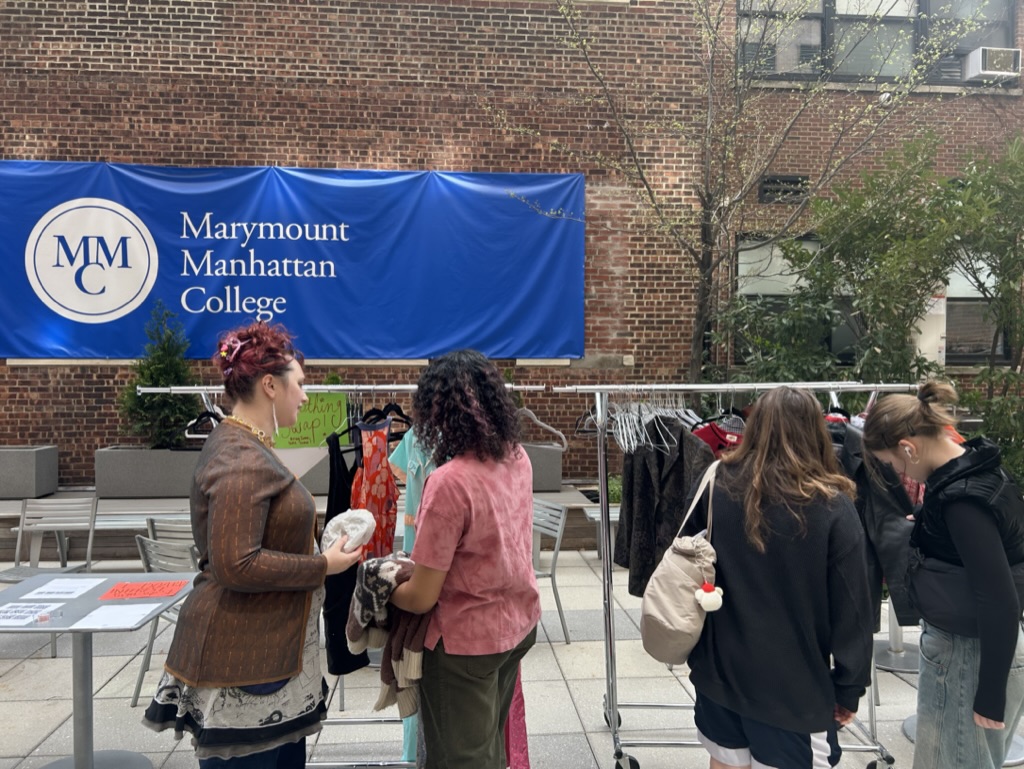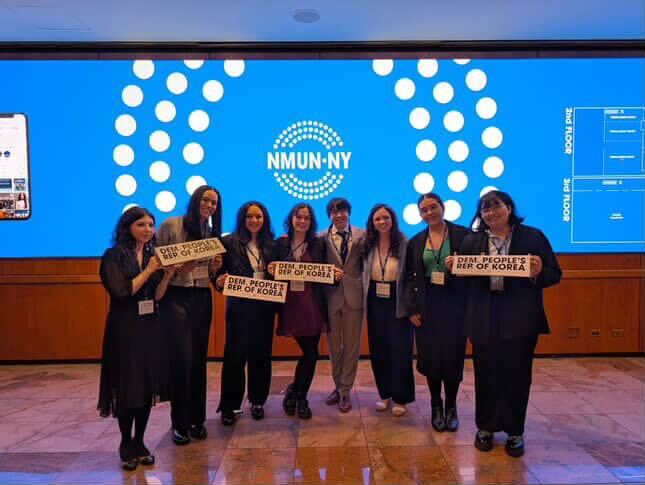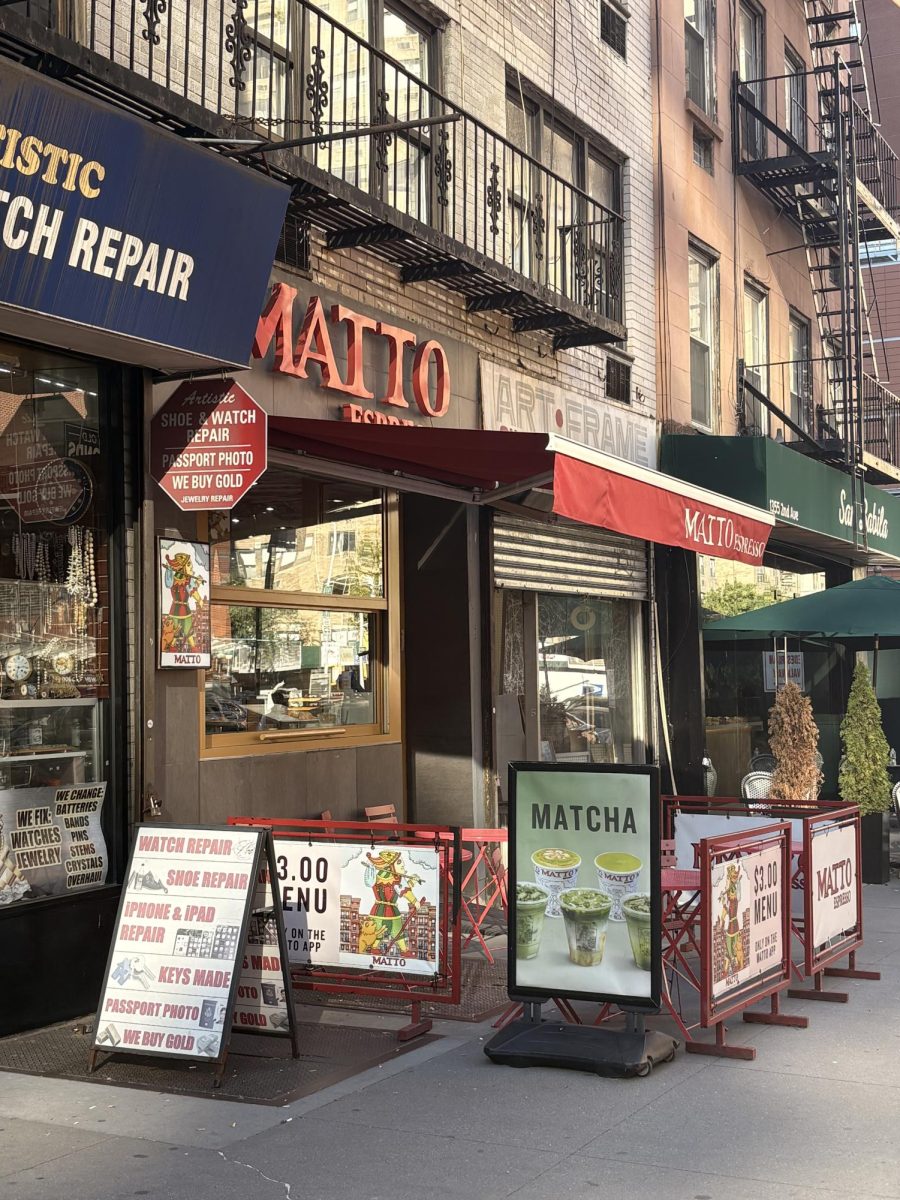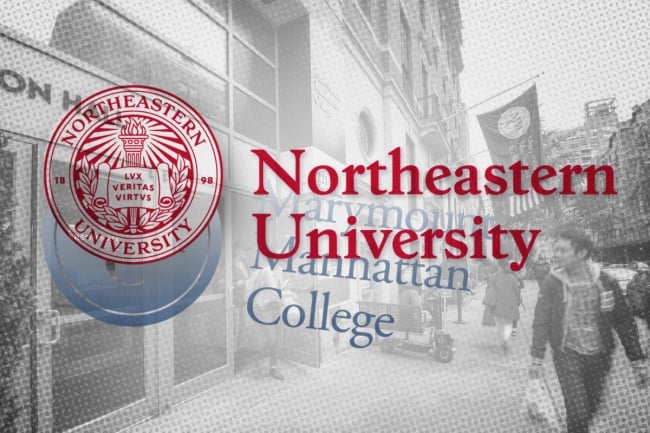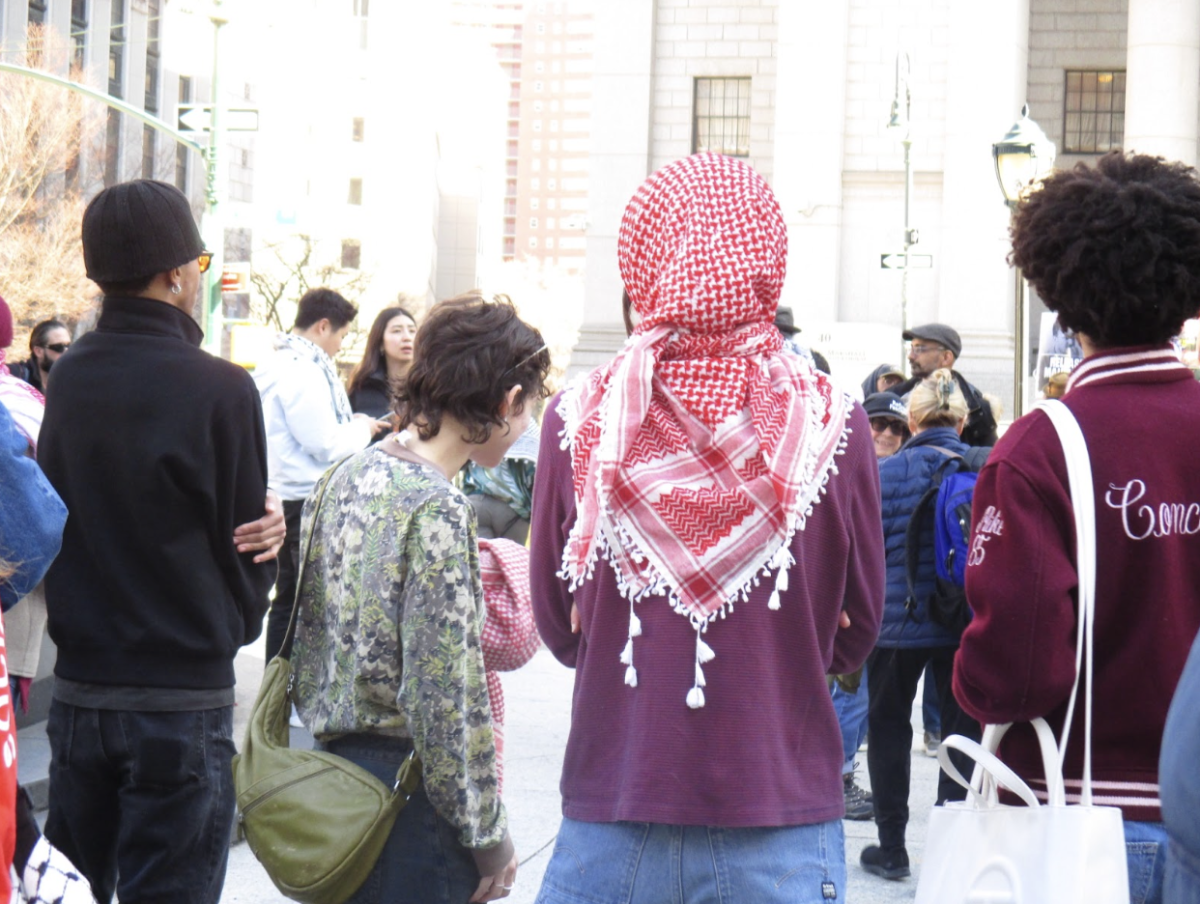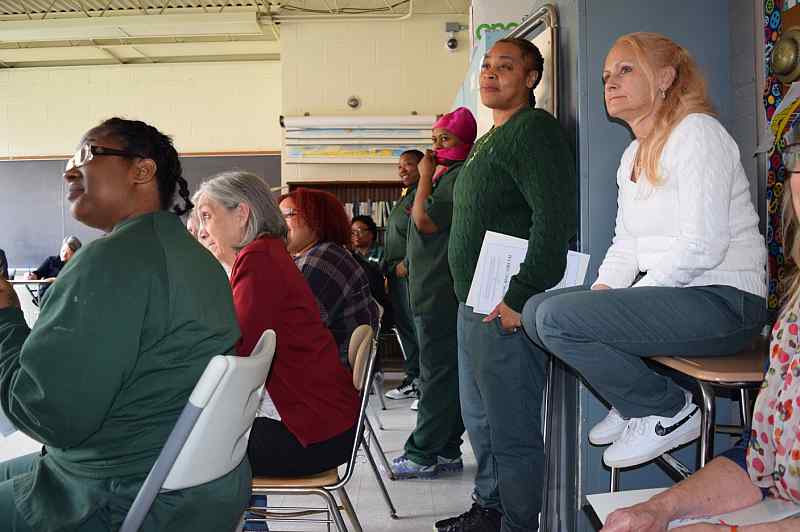New recycling and trash bins have recently been implemented across campus as part of broader efforts to improve waste systems and raise awareness around proper waste management.
This article outlines how students, faculty, and staff can work to properly dispose of waste both on and off campus for recycling, composting, and electronic recycling. For waste disposal options not currently available on campus, there are numerous citywide alternatives available to the MMC community.
In a recent study published in The Sustainability X Magazine, New York City was named the most sustainable city in the United States, making it one of the most convenient locations to pursue a sustainable lifestyle. This ranking is attributed to several factors, including robust public transportation systems and advanced waste management practices.
Recycling on Campus
Recently, new recycling and trash bins were implemented in convenient locations on every floor of MMC. In accordance with NYC waste sorting practices, MMC has implemented a color-coded bag system: clear bags for recycling and black bags for trash. This system helps reduce contamination and improve recycling efficiency. If discrepancies are noticed, students are encouraged to notify the Senator for Service and Sustainability, Sustain MMC, or other sustainability officials on campus.
What can be recycled on campus?
- Glass (bottles, jars, etc)
- Metal (cans, aluminum foil/trays, metal caps/lids, empty paint/aerosol cans)
- Rigid plastics (bottles, lids, and other rigid plastics)
- Paper (in designated bins)
Plastic bags, straws, film, condiment wrappers, food wrappers, and chip bags should not be placed in recycling bins. Additionally, liquids should be emptied from containers in a nearby restroom before placing them in a recycling bin to avoid contamination. Both of these practices help preserve the recyclability of collected materials.
Paper-specific recycling bins are located near the printers on the first floor of the library and in the Commons. Additional paper recycling locations are currently under consideration as a part of ongoing sustainability efforts on campus.
Of these materials, plastic is among the most difficult materials to recycle, with only about 9% of all plastic ever produced having been successfully recycled, according to multiple reports. By following proper recycling practices and reducing single-use plastics, the overall recycling rate has the potential to improve significantly. For sustainable alternatives, glass can be recycled indefinitely without loss of quality, and metals like aluminium are among the most easily recyclable materials. When possible, consider choosing these over single-use plastics.
Recycling Off Campus
Off-campus protocols for recycling are consistent with on-campus protocols, simplifying the process for MMC students living in dormitories or apartment buildings. Recycling bins are typically located in each building’s designated waste disposal area.
For more information on what can and cannot be recycled in NYC, visit the Department of Sanitation (DSNY) website. Additional resources can also be found on Sustain MMC’s Instagram.
Composting and Reducing Food Waste on Campus
At least 18% of all waste created in NYC is food waste, according to a 2020 study. Many assume that individual food waste is minimal yet inedible components of meat, dairy, fruits, and vegetables, along with tea leaves, coffee grounds, and soiled leftovers contribute significantly.
At this time, a system for composting food waste on campus has not yet been implemented due to facility limitations, but potential solutions are actively being explored. In the meantime, efforts to reduce food waste are underway. Every Friday, David’s Cafe gives away food to students just before closing, as it would otherwise need to be discarded the following Monday. This food meets all food safety regulations, but would not be sellable after the weekend commences.
In residence halls, a composting site has been implemented. Students with questions about composting locations in their building are encouraged to reach out to their RA.
Composting Off Campus
Due to recent mandates for residential composting in New York City, residential composting is now widely available throughout New York City. Apartment residents can request a curbside composting bin for the proper disposal of all food scraps, food soiled paper, and leaf/yard waste. It is recommended to store compostable waste in a leak-proof bag in the refrigerator or freezer throughout the week to prevent odor and pests.
For those with food waste on the go, orange colored NYC Smart Compost Bins offer a convenient alternative. These bins are accessible 24/7, have many locations throughout all five NYC boroughs, and are operable via the NYC Compost app.
E-waste Disposal on Campus
E-waste includes batteries, unusable cords/outlets, computers, cell phones, monitors, printers, keyboards/mice, tvs, lightbulbs, household appliances, electrical tools, and more. According to the New York Department of Sanitation (DSNY), “e-waste is the largest and fastest growing household hazardous waste in NYC,” making proper disposal essential. A pathway for a student-accessible electronic waste disposal system is currently being evaluated.
E-waste Disposal Off Campus
Until e-waste services are more broadly accessible on campus, there are plenty of convenient and free options for proper disposal of e-waste items throughout the city. The Lower East Side Ecology Center hosts regular e-waste disposal events in all boroughs of New York City. Typically these events are held on weekends from 10am-2pm, visit their website to find a collection event near you.
Alternatively, Staples, Best Buy, or other electronics retailers often accept select e-waste items, though it is advisable to confirm acceptance policies with individual stores in advance. Items in working condition may also be donated to a thrift store.
Lastly, for residents in apartment buildings with 10 or more units, enrollment in electronic recycling through DSNY is available. Visit their website to fill out an application.
With the implementation of new and continuing initiatives, Marymount Manhattan College has strengthened its waste disposal infrastructure in an effort to improve sustainability across campus. While institutional improvements provide essential support, the success of these systems relies on the everyday choices made by individuals to participate in responsible waste practices. Ensuring proper waste disposal and reducing single-use items can collectively make a significant impact on environmental health.
Looking to responsibly dispose of other types of waste? NYC has resources.

